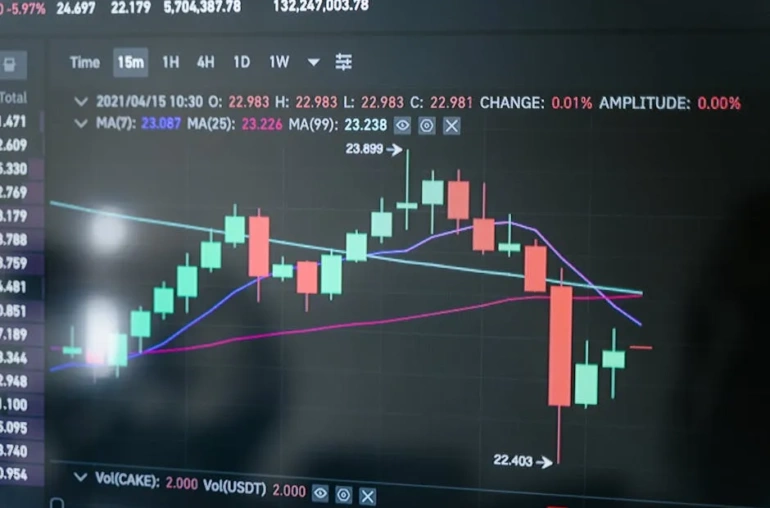
The Intersection of DeFi and AI: A New Era of Security Challenges
As the worlds of decentralized finance (DeFi) and artificial intelligence (AI) converge, they bring forth not only remarkable opportunities but also significant security risks. The integration of AI into DeFi platforms is revolutionizing the way financial transactions are processed, but it also necessitates a heightened focus on security protocols and transparency. This article explores the implications of this intersection and underscores the urgent need for rigorous auditing of decentralized systems.
Understanding the Risks
The adoption of AI in DeFi introduces a variety of vulnerabilities that were previously less prevalent in traditional finance. AI systems, while highly sophisticated, can be susceptible to manipulation and hacking. For instance, automated trading algorithms that utilize AI can be exploited, leading to significant financial losses. Moreover, the complexity of AI-driven models can obscure the underlying processes, making it challenging for users to understand the risks involved.
Transparency as a Key Component
In the realm of DeFi, where anonymity and decentralized control are paramount, transparency becomes a critical factor in ensuring security. Users must have access to clear and concise information about how AI systems operate within DeFi platforms. This transparency will empower users to make informed decisions and mitigate risks associated with AI-driven financial products.
Moreover, transparency in auditing processes can help build trust among users. Regular and thorough audits can identify potential vulnerabilities and ensure that AI systems are functioning as intended. These audits should be conducted by independent third parties to provide an unbiased assessment of the security measures in place.
The Role of Rigorous Auditing
The call for rigorous auditing in AI-powered DeFi is more pressing than ever. Auditors must evaluate not only the algorithms themselves but also the data that feeds these systems. Poor data quality can lead to erroneous predictions and decisions, amplifying the risks associated with AI in DeFi.
Auditing should encompass various aspects, including:
- Algorithmic Transparency: Understanding the decision-making processes of AI systems.
- Data Integrity: Ensuring that the data used for training AI models is accurate and reliable.
- Security Protocols: Assessing the measures in place to protect against external threats.
- Compliance and Regulation: Ensuring adherence to legal and regulatory standards.
Conclusion: Building a Secure Future
As DeFi continues to evolve with the integration of AI, the importance of transparent security measures cannot be overstated. The innovative potential of AI in finance is immense, but it comes with a responsibility to protect users from emerging threats. By prioritizing rigorous auditing and emphasizing transparency, the DeFi community can navigate the complex landscape of AI-driven finance, ensuring a safer and more trustworthy environment for all participants.
In summary, while the intersection of DeFi and AI presents new challenges, it also offers the opportunity to enhance security protocols and build a resilient financial ecosystem. The path forward demands collaboration between developers, auditors, and users to foster an environment of trust and innovation.



